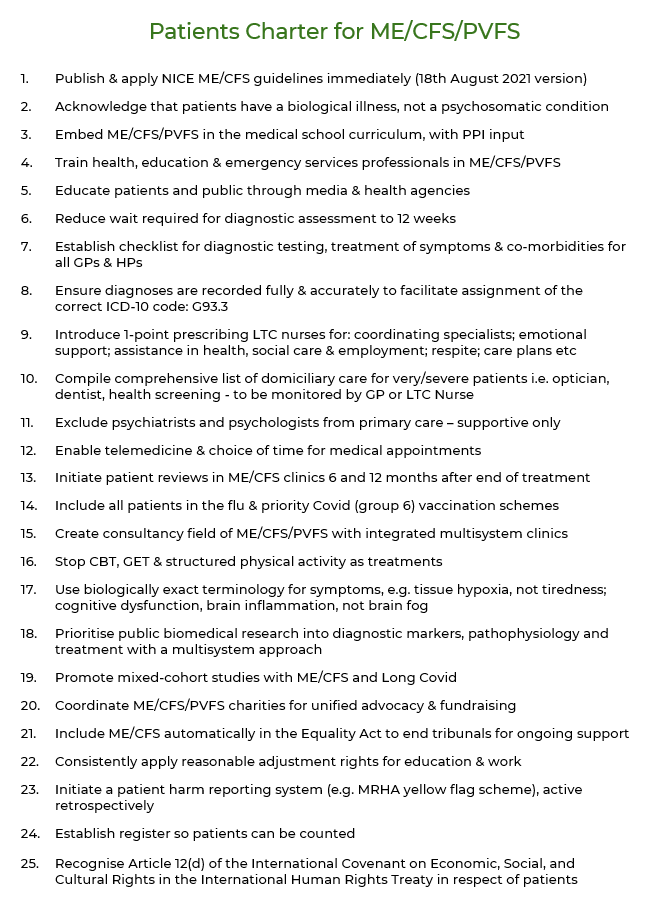Andy
Senior Member (Voting rights)
I know no more than is presented here.

Direct link to charter as shown above, https://docs.google.com/document/d/1XVeH6NHhvyCOZov6H0AzORKnPMlR0BKUPilIflVlQ0s/edit
Link from this tweet,
Direct link to charter as shown above, https://docs.google.com/document/d/1XVeH6NHhvyCOZov6H0AzORKnPMlR0BKUPilIflVlQ0s/edit
Link from this tweet,
